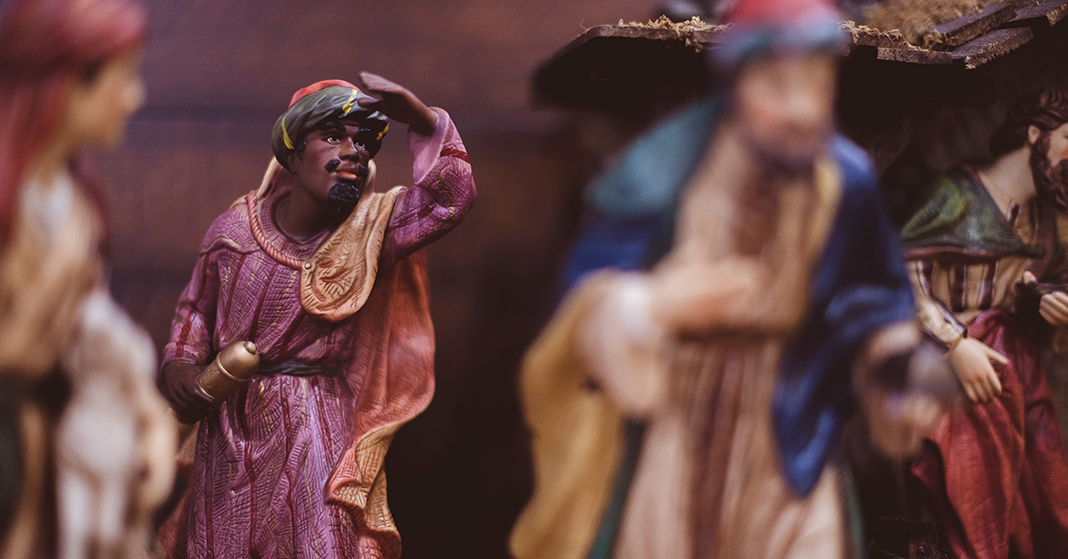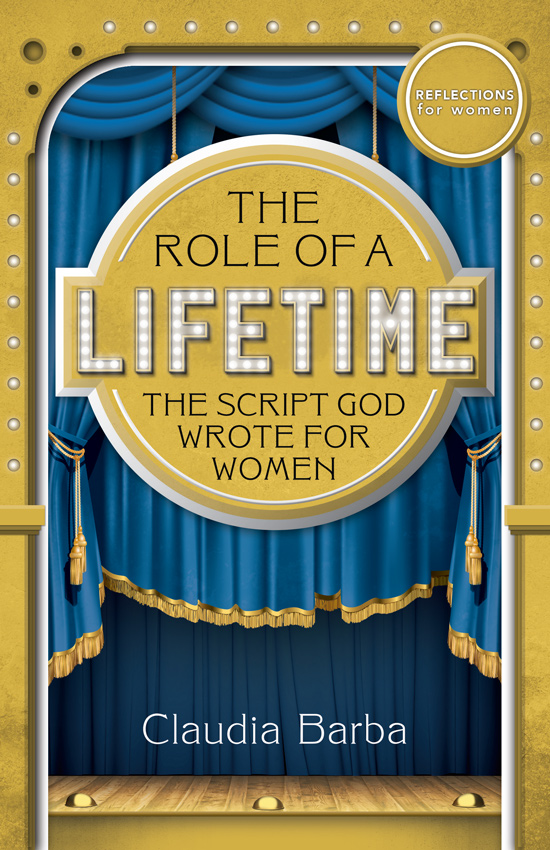
Have you ever had a frustrating experience when teaching your child? I know I have. I teach my children Grade 1–3 history. Last year was the first year I taught my second daughter history, and it was smooth sailing. But this year, it has been a challenge. The material is more advanced and abstract. Tears have come several times during our first three months. We’ve hit some hard barriers in both teaching and learning already.
In an earlier post, I mentioned some Scriptures that teach the importance of having joy in learning. We have a scriptural expectation for a joy in our work. Furthermore, there is a connection between our work and our learning. Naturally, there’s a parallel between joy in our work and joy in the work of learning. But if we have a scriptural expectation for joy in learning, why don’t our children always experience that? There are three things the fall has broken that can prevent that joy.
Barriers from a Broken Creation
When Adam sinned, the earth was cursed. And now all of creation groans under sin (Romans 8:22). Because of the curse, nothing is as easy as it was designed to be, including learning. Just like Adam, our child will learn “by the sweat of [his] face” (Genesis 3:19). Learning isn’t easy for kids, and teaching isn’t easy for moms and dads. We cannot reverse the fall. But like farmers who toil to extract food from the ground and yet still rejoice in their labor, we can toil at learning with the expectation that there will be joy in mastery.
Broken Hearts
Not only is learning harder, but our hearts can also come to detest things we should love. Romans 3:11 reveals that there’s no one who understands; we all wander out of the way; we are all unprofitable. The lazy man doesn’t want to work even though God calls it a blessing. Sad to say, our children’s hearts can hate the good that God gives us, including learning. As parents, we’ve been given the high calling of shepherding our children’s hearts. So when we see signs that their hearts are opposed to something good, we need to direct them wisely back toward it.
Barriers from Broken Pedagogy
Pedagogy is the method or practice of teaching. Regrettably, we sometimes unintentionally contribute to our children’s frustration with learning if we adopt poor methods of teaching.
Remember those farmers that Isaiah spoke to (Isaiah 28:24–28)? They learned to farm effectively by observing how God’s creation worked and adjusting their farming accordingly. That’s what good teachers do too. They observe the way children learn and adjust their methods accordingly.
For homeschool parents, it’s easier to “data dump” than it is to create an engaging learning experience. Our challenge is to create the learning experiences our children need for success. Have you ever found yourself saying or thinking:
- “Here is the information—now learn it.”
- “Read the book and answer the questions.”
- “Here’s a list of terms to know for the test.”
- “Memorize these facts.”
It’s so much easier than taking the time to craft a learning experience. But when we take the easy way, we’re not helping our children. We’re teaching in a way that’s expedient for us, and not in a way that fits how our children are made to learn. As homeschool parents, we need to be constantly working to discover the ways God intends children to learn, and then conform our teaching to that creational norm.
As a result of the fall, there are going to be real barriers to joy-filled learning. The material is often hard, and there’s a fleshly aversion to hard work. My children won’t want to do it all the time. There’s also a temptation for me to choose easy paths for teaching instead of creating learning experiences that enable them to learn. In a future post, I will share some of the strategies I’ve found to help create a joyful learning experience despite our fallen condition.



